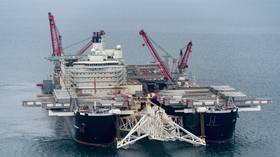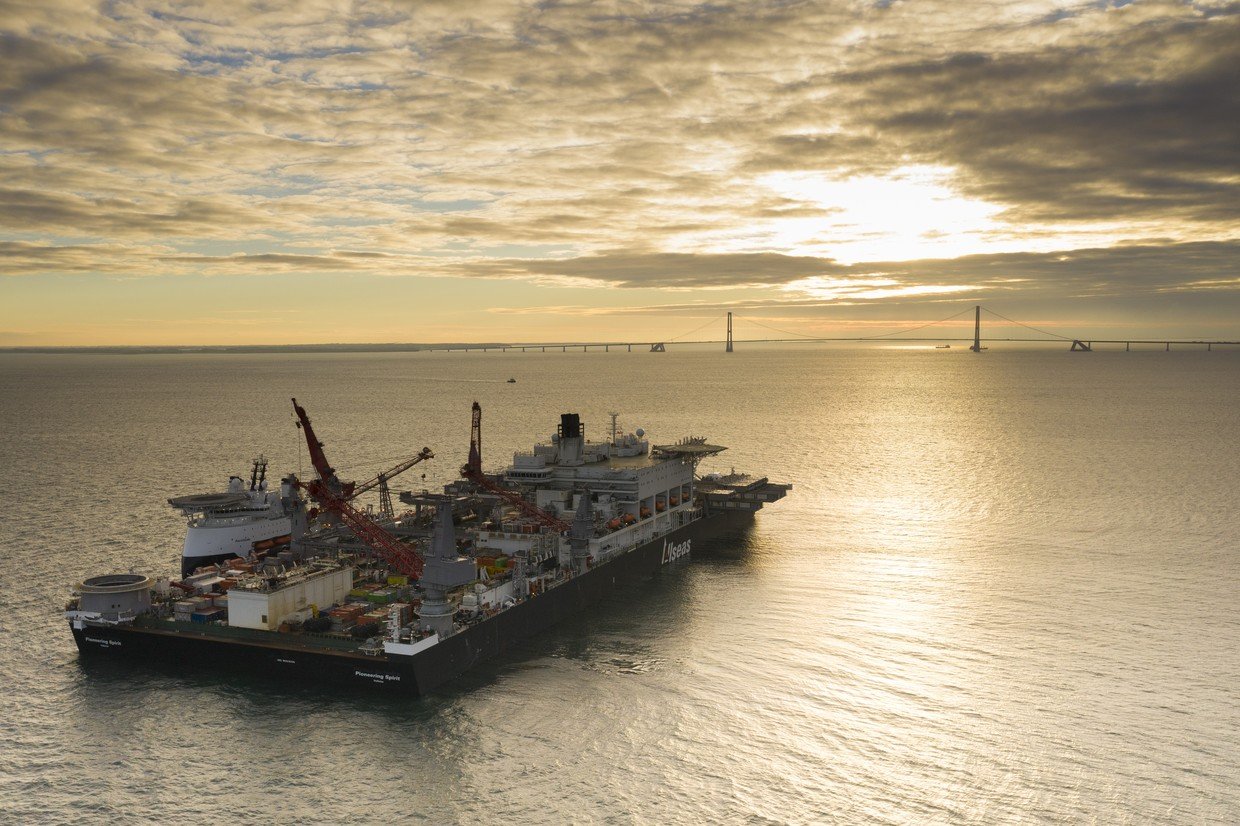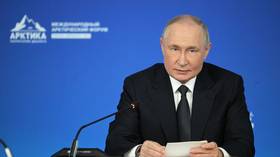European energy policy should be determined by Europe, not the US – German FM

Washington’s criticism of the Nord Stream 2 pipeline project to deliver Russian gas to Europe bypassing transit countries has been strongly rejected by German Foreign Minister Heiko Maas.
"Matters related to the European energy policy must be decided upon in Europe, not in the United States," the minister said during a reception organized by the German Committee on Eastern European Economic Relations.
He added that Germany was open to criticism of the project, but imposing unilateral sanctions over it would be wrong.
Also on rt.com US threatens sanctions against Nord Stream 2 contractors as construction goes at full drive"Imposing unilateral sanctions against Nord Stream 2 is a wrong path anyway. I clearly stated this to [US Secretary of State] Michael Pompeo," said Maas.
He noted that Berlin had received Moscow’s assurances that gas transit via Ukraine would continue after the pipeline goes into operation.
"We support the talks with Russia and Ukraine currently being conducted by the European Commission," the FM said.
Germany’s Handelsblatt newspaper reported earlier, citing sources in the German government, that Berlin was concerned by the White House’s plans to impose sanctions on two European construction companies - Swiss-based Allseas Group and Italy’s Saipem.

According to the paper, Allseas Group, which is to lay "over 90 percent of pipelines for the project," will have to bear the brunt, while Saipem has already completed its work under the contract.
Nord Stream 2 is being implemented by Russian energy giant Gazprom in close partnership with German oil and gas firms Wintershall and Uniper, French multinational Engie, British-Dutch energy corporation Royal Dutch Shell, and Austrian energy company OMV.
The Trump administration has repeatedly expressed its disapproval of the Nord Stream 2, pledging to impose secondary penalties on European companies working with the Gazprom-led enterprise.
Washington claims that the pipeline, which is set to run from Russia to Germany under the Baltic Sea and is projected to double the existing pipeline’s capacity of 55 billion cubic meters a year, undermines Europe’s energy security and stability. Nord Stream 2 will reportedly provide transit for 70 percent of Russian gas sales to the EU.
Also on rt.com Pipe-laying for Russia's Nord Stream 2 begins in Finland and SwedenSmaller members of the bloc have persistently opposed the project, which is crucially important for Germany and other EU nations. Poland, Latvia, Lithuania, Romania, and Hungary have severely criticized the project.
Construction of the Nord Stream 2 pipeline project has been approved by Germany, Finland, and Sweden, with the works scheduled for completion in late 2019. Denmark is the only country that hasn’t authorized the project so far. Last year, Nord Stream 2 AG said the consortium could avoid the Nordic state’s territorial waters if it didn’t get permission.
For more stories on economy & finance visit RT's business section















